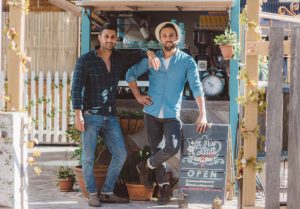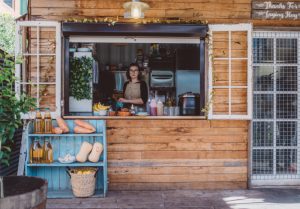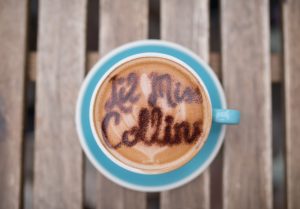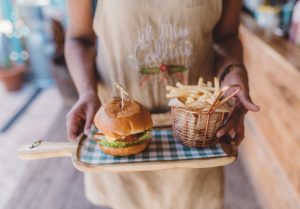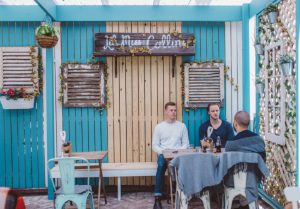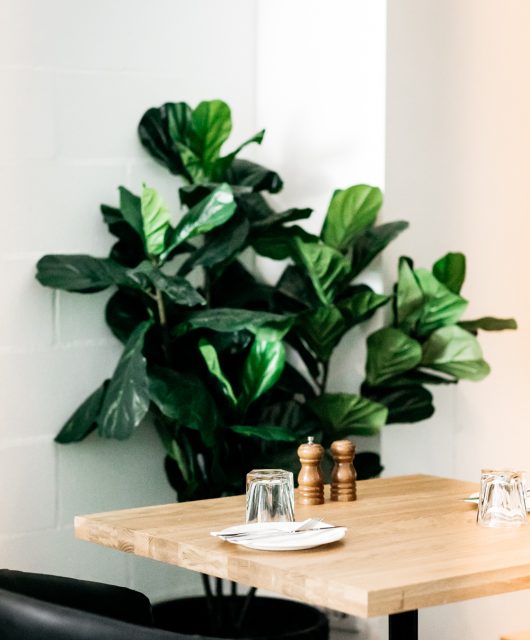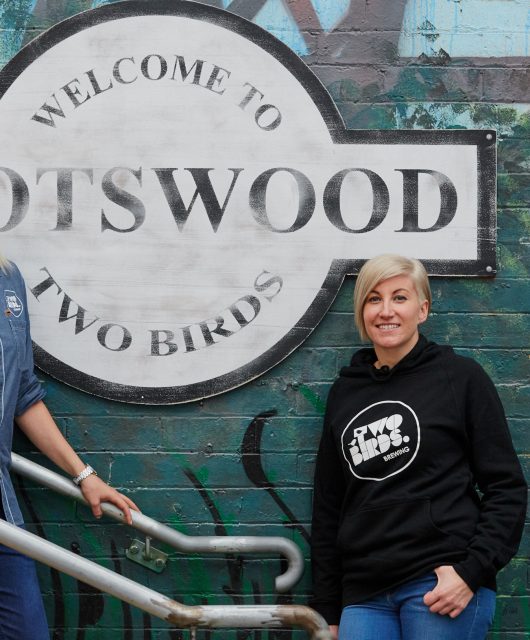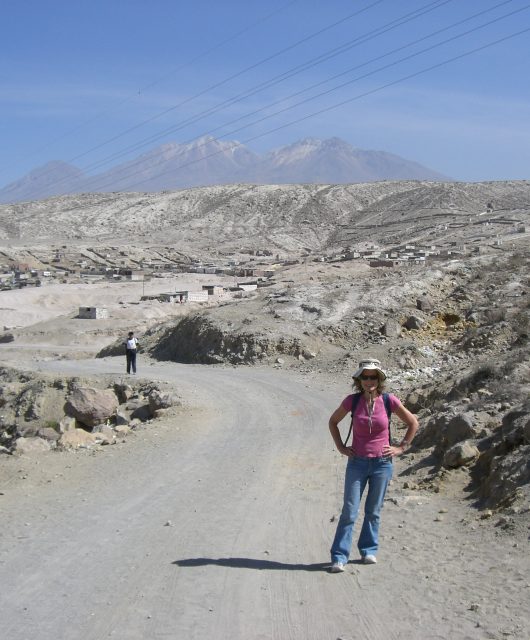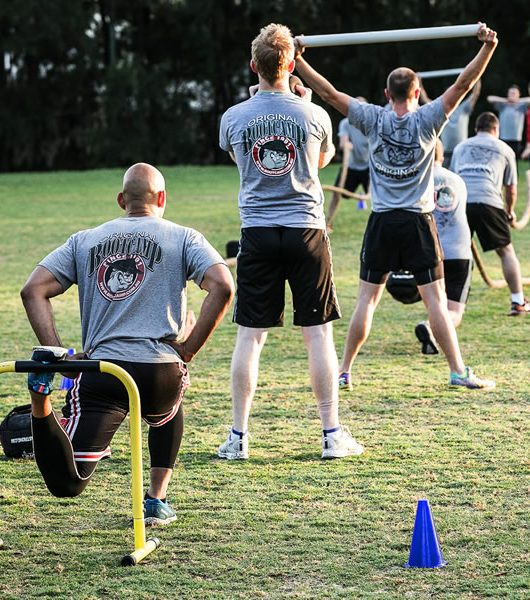Lil Miss Collins was a pop-up cafe that travelled around Sydney providing an amazing café experience with a rustic farmhouse feel.
Its nostalgic atmosphere still remains as it now settles down in the heart of Parramatta for their final location. Starting an all new pop up café was never going to be easy and in fact, daring in a way.
Tony Moussa, founder of Lil Miss Collins embraced the challenges and from that, rose the story of a journey that will in time become a legend.
Words by Tony Moussa, Edited by Tony Zhang
The Journey of Lil Miss Collins
When I first started Lil Miss Collins roughly 9 months ago, I sought a change in my life. I’ve always been interested in coffee, food and I’ve cooked a lot at home. I took my first step of buying a coffee machine and started practising at home. I’ve always had this passion. I knew I wanted to open up a coffee shop but I didn’t have a clue about how to start.
The start was definitely hard. I asked a lot of questions, sought guidance from many people and spent most of my time practising at home through constant trial and error. At that stage, there was a couple of pop up eateries around but in a sense, there were no pop up cafes. So I knew I could create a café that would be the first of its kind.
I started working up some ideas with the team and came up with an idea to have a transportable cafe. We looked at a few options. We thought about getting a shipping container and basically converting that to a coffee shop.
95% of the building materials we used are recyclable material, from the tin roofing to the timber renovation and the shipping container. For me, that was the journey from shipping container to the rusty farmhouse cafe that is Lil Miss Collins.
In building Lil Miss Collins, I would say I’m blessed in a sense. Having a faith background, I believed everything just fell in place. I was previously running bars and nightclubs, but I was not getting any younger. The fact that everything seem to came together when I needed change, was the driving force behind my desire to succeed. I believe it is what I am meant to do.
Opening up the café, in the beginning, is exciting but it’s also the hardest part and most stressful. We would have to do that over and over again. It’s probably not ideal but we do it for the passion.
The beauty of a pop-up cafe
Two special aspects define Lil Miss Collins. I think the first thing is the portable nature of a pop-up café. It gives a sense of uniqueness moving around places and makes it a special experience for the people in the area when we come. The second unique part is the importance of quality produce. The background that goes behind the produce is really important as well. I make it a priority to work well with local farmers to get fresh produce and create a unique flavour. For my café, we don’t have complex and special dishes, but being fresh and simple is what Lil Miss Collins prides itself on.
In a sense, everything matches up. The surrounding nature of the cafe represented by the rustic farm feel, combined with the whole aspect of organic farm produce all adds up. It is something I conceptualised since the beginning and it’s something I’ve always wanted to do.
Motivational Times
I guess the hardest part of a pop-up café is starting from scratch every single time. Opening up the café, in the beginning, is exciting but it’s also the hardest part and most stressful. We would have to do that over and over again. It’s probably not ideal but we do it for the passion. We want to give back to the people and do something for them. It’s always a joy when the locals of that area make a special trip just because we’re opening up there so it’s definitely worth it every single time.
Although it is difficult, I’ve never looked back. To be honest, I put everything that I had into this and I had to borrow as well. I didn’t know if it would work, I just knew I wanted to do it and my drive I guess pushed me all the way. Even though it was a big risk, I guess in a way, it all worked out well in the end.
This is a preview version for Lil Miss Collins’ amazing story. For the entire story, stay tuned for issue 3!
All photography is by Josephine Sicard.
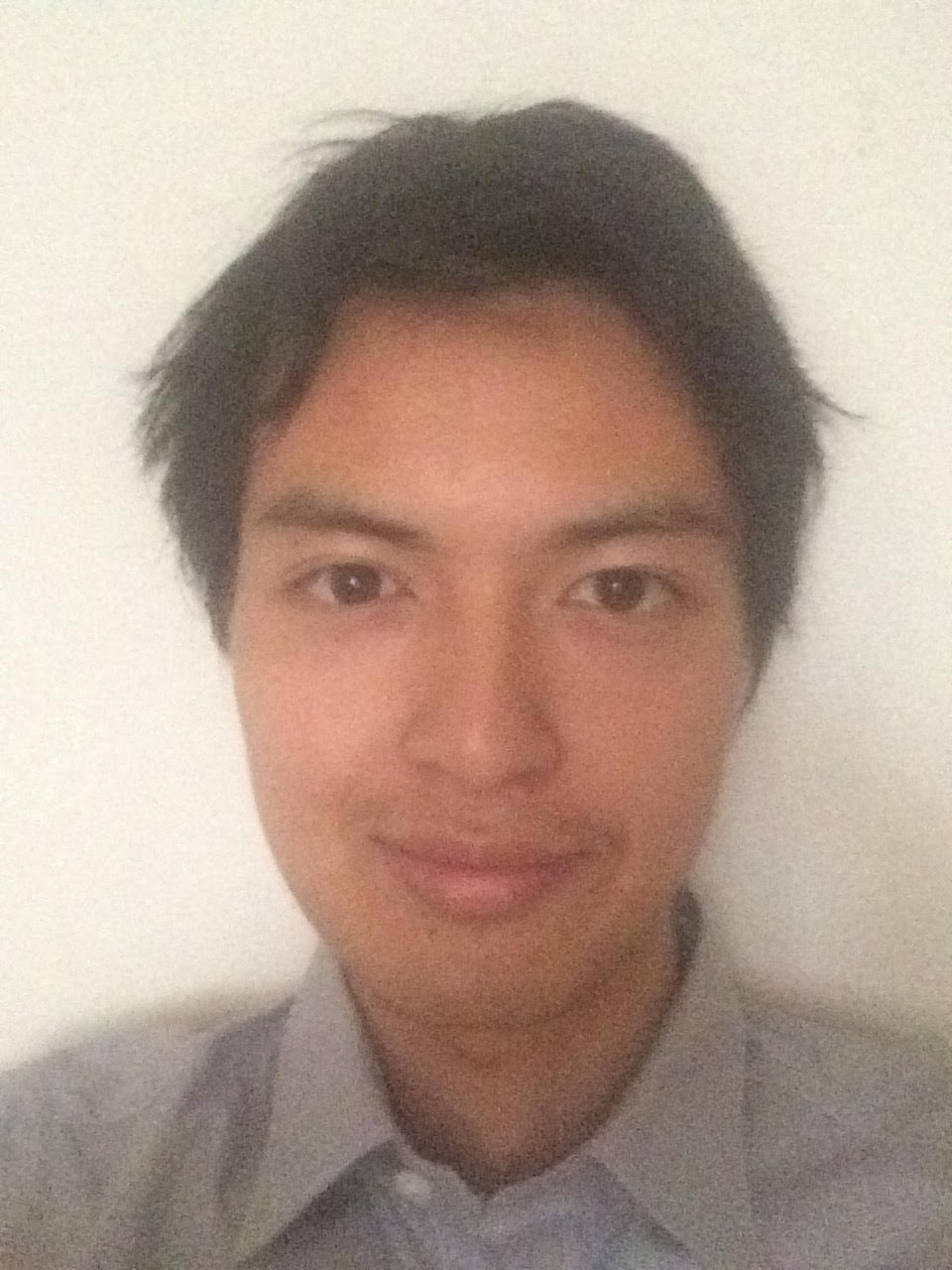
Journo for ECX Magazine

